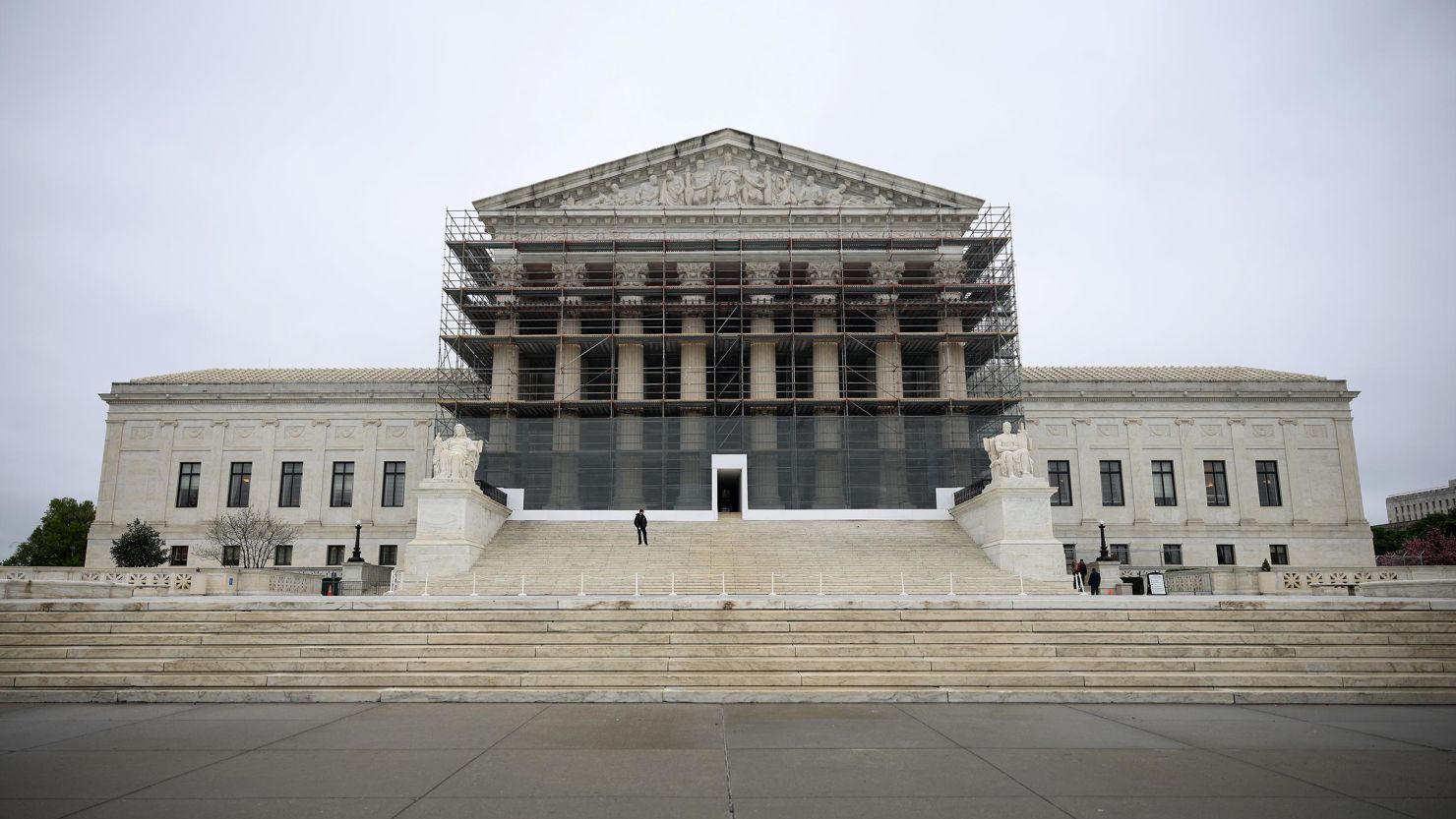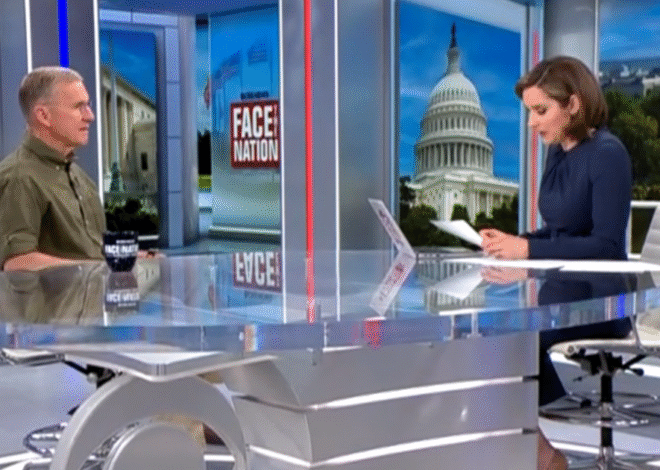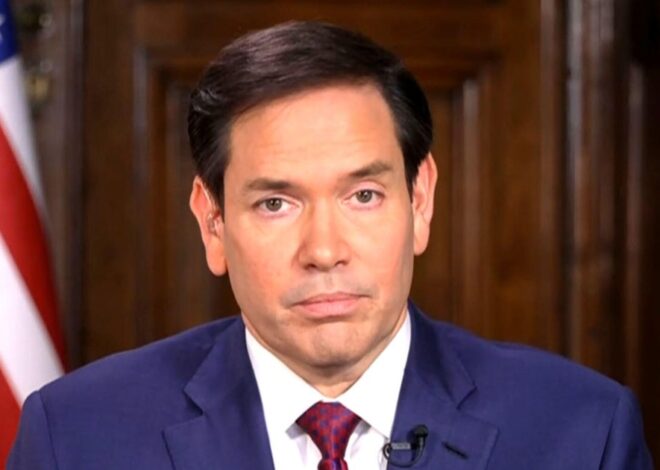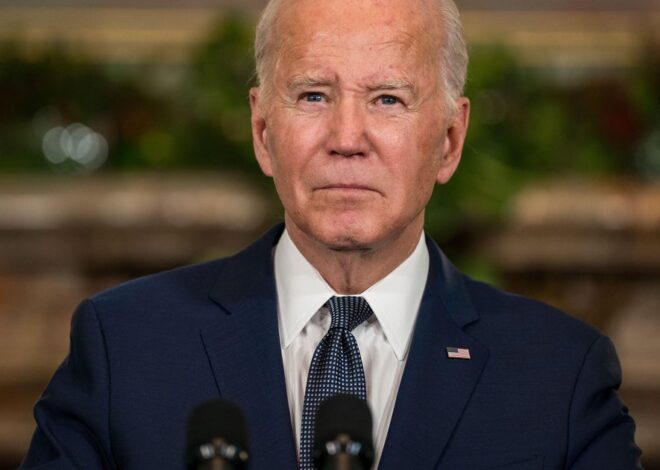
Trump Asks Supreme Court to End Deportation Protections for Venezuelan Migrants
President Donald Trump’s administration has formally requested that the U.S. Supreme Court lift protections from deportation for over 300,000 Venezuelan migrants currently shielded by the Temporary Protected Status (TPS) program.
The administration is challenging a lower court ruling that temporarily blocked Homeland Security Secretary Kristi Noem’s recent decision to end TPS for Venezuelans. Migrants and advocacy groups argue the move violates the Administrative Procedure Act (APA) and was influenced by racial and political bias.
Background on the Case
TPS provides temporary legal status to immigrants from countries experiencing armed conflict, natural disaster, or other extraordinary conditions. In early 2025, Secretary Noem announced plans to rescind this protection for Venezuelan nationals — a move that was immediately contested in federal court.
A California district court blocked the decision in March, halting the rollback of deportation protections while the case proceeds. The 9th U.S. Circuit Court of Appeals later refused to lift that temporary injunction in April, siding with the lower court’s order.
Trump Administration Takes the Fight to the Supreme Court
In an emergency filing Thursday, the Trump administration asked the Supreme Court to intervene, arguing that the lower court is overstepping its authority by interfering in executive immigration policy.
“The district court’s order delays critical policy decisions in an area where Congress has granted the executive broad discretion,” the appeal stated. “It improperly ties the administration’s hands in a domain that must remain flexible and responsive.”
The Supreme Court has given the plaintiffs — a group of Venezuelan migrants — until May 8 to respond to the Trump administration’s request.
More Immigration and Executive Power Battles Ahead
This case marks the 11th emergency petition from Trump’s second term to reach the Supreme Court. The justices are also weighing challenges related to:
- The firing of board members at independent federal agencies
- Restrictions on transgender individuals serving in the military
- Efforts to deport migrants under the controversial Alien Enemies Act
The outcome of the TPS case could have far-reaching consequences for immigration policy and the extent of presidential power in shaping it.
The ruling could also signal how the high court will approach other aggressive Trump-era immigration reforms currently being litigated across the country.



